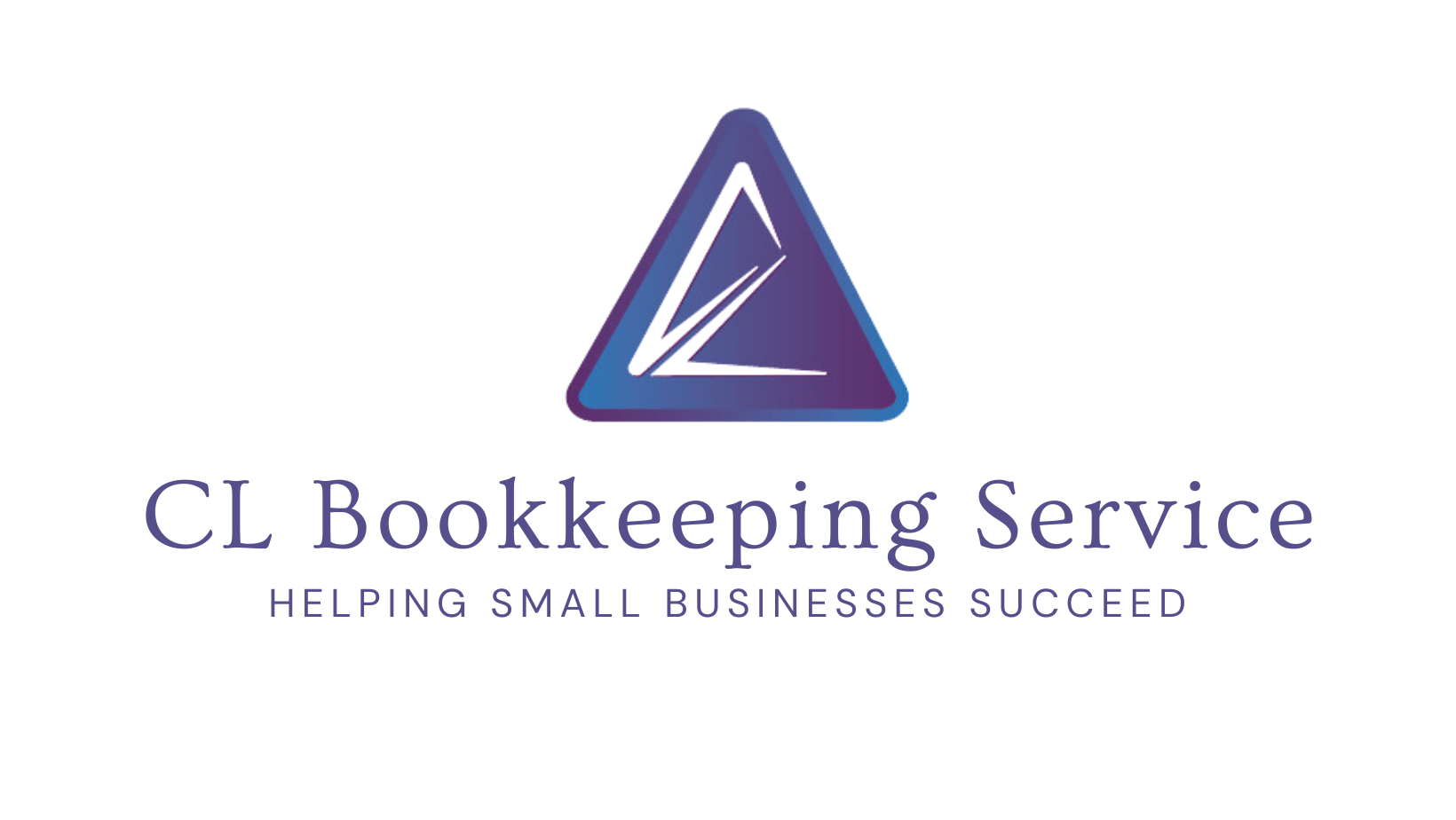Outsourcing vs. DIY: A Beginner's Guide to Bookkeeping for Small Busy Businesses
A Beginner's Guide to Bookkeeping for Small Busy Businesses

Running a small busy business comes with its own set of challenges, and managing finances is often at the top of the list. Bookkeeping is a crucial aspect of any successful business, helping you keep track of income, expenses, and overall financial health. In this guide, we'll walk you through the essentials of getting started with bookkeeping for your small business, providing you with practical tips to streamline the process and helping you decide whether to outsource or tackle it on your own.
1. Understand the Basics:
Before diving into bookkeeping, it's essential to understand the basic principles. Familiarize yourself with key financial terms such as assets, liabilities, revenue, and expenses. This foundational knowledge will serve as the building blocks for your bookkeeping system.
2. Choose the Right Software:
In the digital age, manual bookkeeping is a thing of the past. Invest in reliable accounting software that suits the needs of your small business. Popular options include QuickBooks, Xero, and FreshBooks. These tools can automate many processes, saving you time and reducing the risk of errors.
3. Set Up Your Chart of Accounts:
A Chart of Accounts is a categorized list of all your business's accounts, including assets, liabilities, income, and expenses. Tailor this chart to your specific business needs. Properly organizing your accounts from the start will make tracking transactions and generating financial reports much more straightforward.
4. Record All Transactions:
Consistency is key in bookkeeping. Record every business transaction promptly and accurately. This includes sales, purchases, expenses, and any other financial activities. Whether it's a sale receipt, an invoice, or a business expense, document it in your accounting software.
5. Reconcile Bank Statements:
Regularly reconcile your business bank statements with your accounting records. This process ensures that there are no discrepancies between what you've recorded and what has actually transpired in your bank account. It's a crucial step in maintaining the accuracy of your financial records.
6. Track Expenses:
Keep a close eye on your business expenses. Categorize them properly to gain insights into where your money is going. This information is not only useful for tax purposes but also for making informed decisions about cost-cutting and budgeting.
7. Invoice and Payment Tracking:
If your business involves invoicing clients, use your accounting software to create and track invoices. Monitor outstanding payments and follow up with clients who haven't paid on time. Timely and accurate invoicing is vital for maintaining a healthy cash flow.
8. Generate Financial Reports:
Leverage the reporting features of your accounting software to generate financial statements regularly. Balance sheets, income statements, and cash flow statements provide a comprehensive overview of your business's financial health. Analyzing these reports can guide strategic decision-making.
9. Stay Compliant with Tax Regulations:
Understand the tax regulations that apply to your business and stay compliant. Keep track of deductible expenses, and set aside funds for tax payments. Consider consulting with a tax professional to ensure that you are meeting all legal requirements.
10. Consider Hiring a Bookkeeper for Cost-Effective Solutions:
If managing bookkeeping tasks on your own seems overwhelming, hiring a professional bookkeeper is a cost-effective alternative, especially for small businesses. While full accounting firms offer comprehensive services, they can be more expensive than hiring a specialized bookkeeper. Bookkeepers often focus specifically on day-to-day financial tasks, providing a more budget-friendly option without sacrificing accuracy. This strategic decision not only keeps costs in check but also ensures that your small business receives the financial attention it deserves.
Conclusion:
Effectively managing your small busy business's finances through bookkeeping is a skill that pays off in the long run. By investing time in setting up a robust system, staying consistent with recording transactions, and leveraging technology, you can gain valuable insights into your business's financial performance and make informed decisions for future growth.
For businesses seeking financial efficiency, the decision to hire a professional bookkeeper proves to be a strategic move. Outsourcing bookkeeping tasks to a dedicated professional ensures the accuracy and reliability of financial records, allowing businesses to focus on core operations.
In conclusion, whether you're a small business owner seeking financial guidance or considering outsourcing, the decision to hire a bookkeeper can be a key step toward financial efficiency and long-term success. Embrace the support of a dedicated professional, and watch as your business thrives with well-managed finances.



